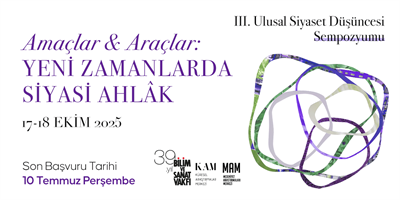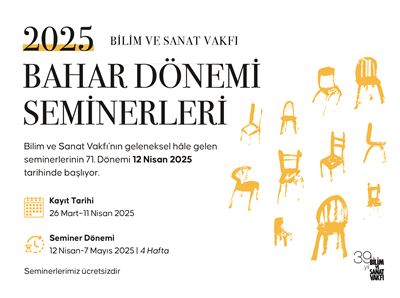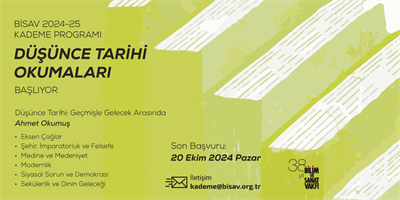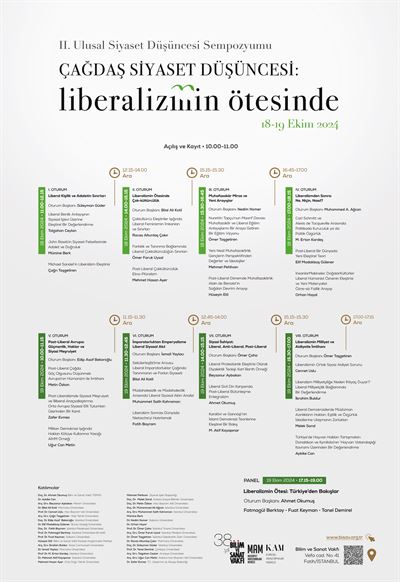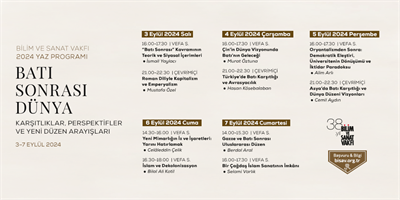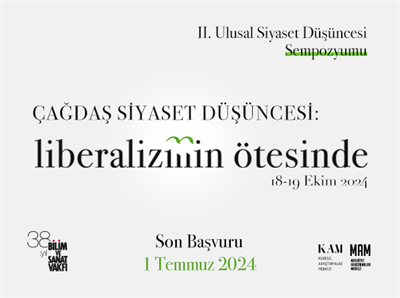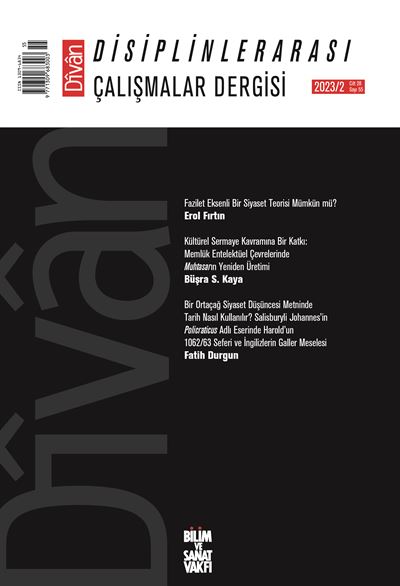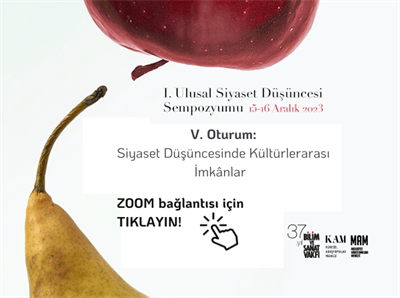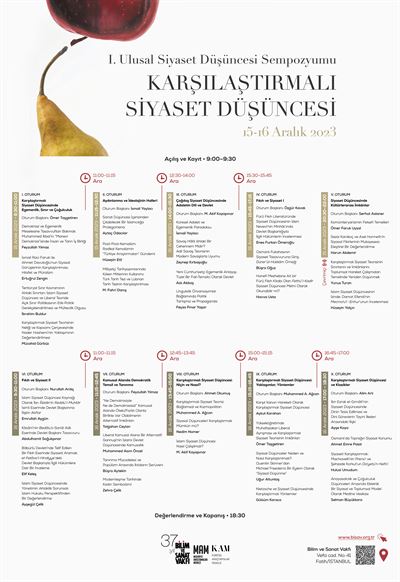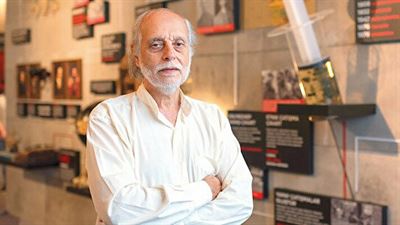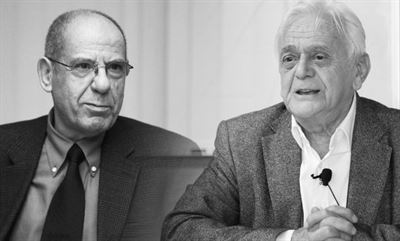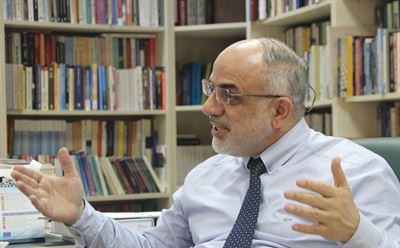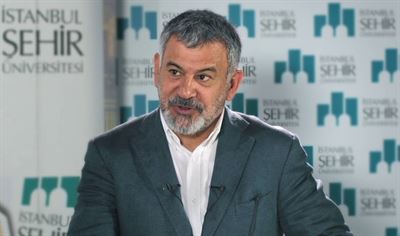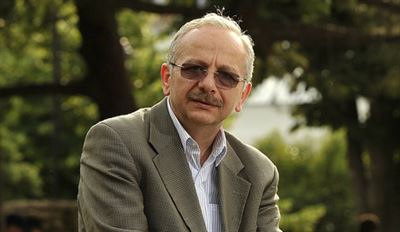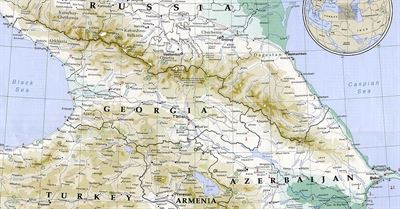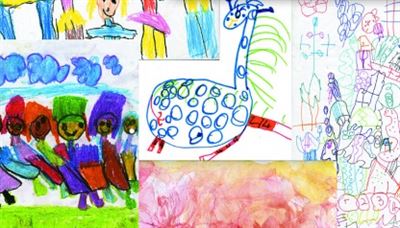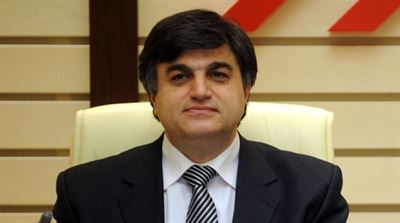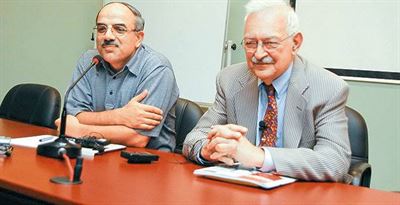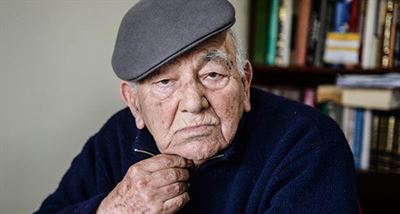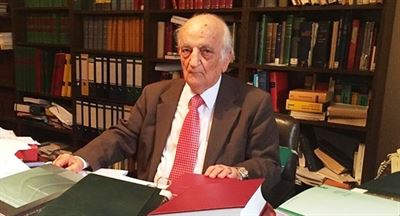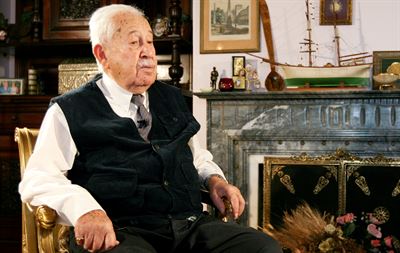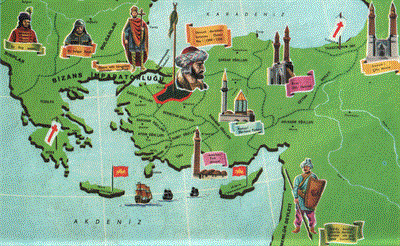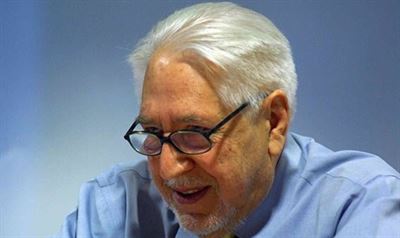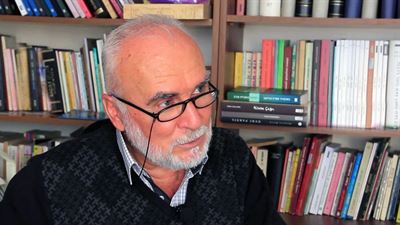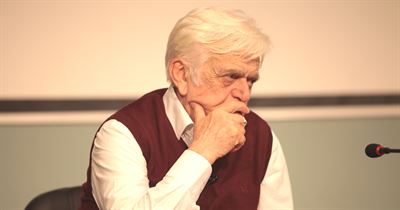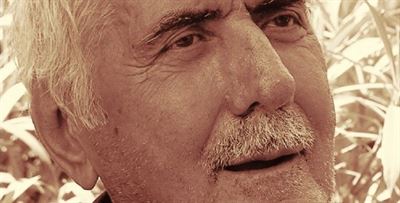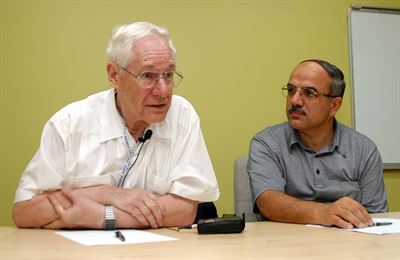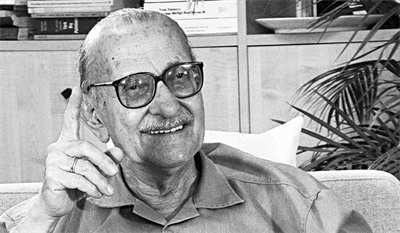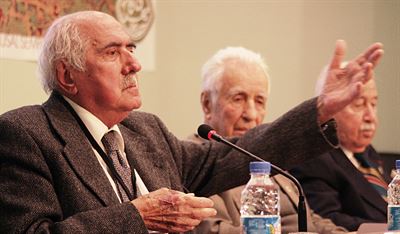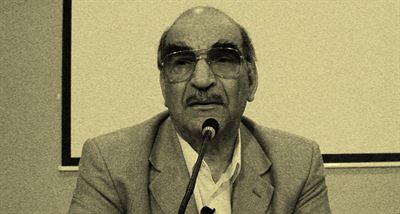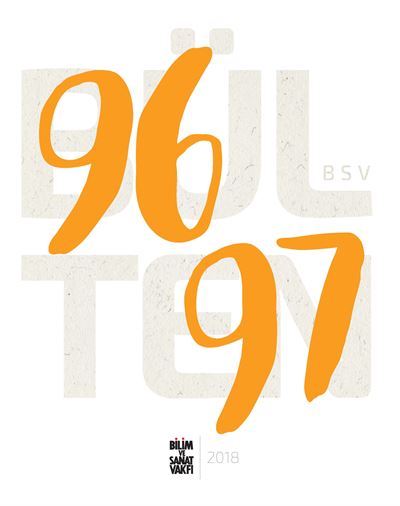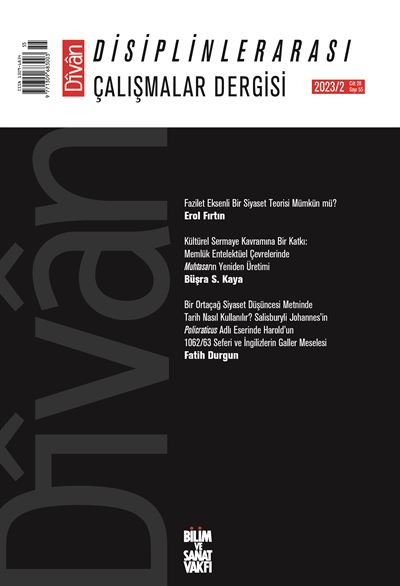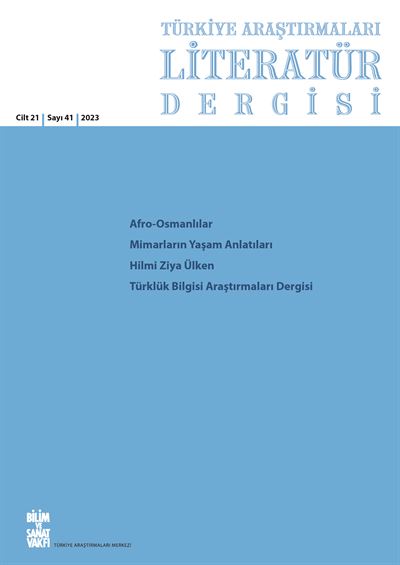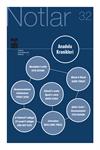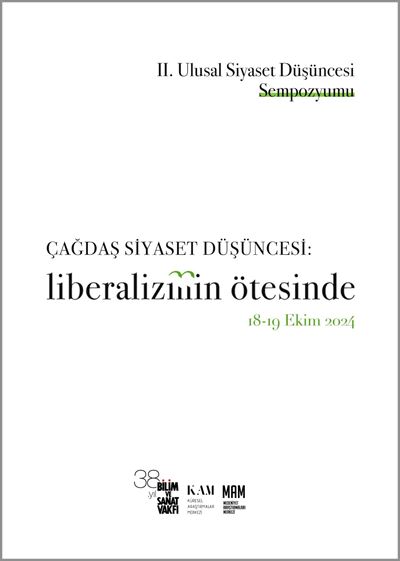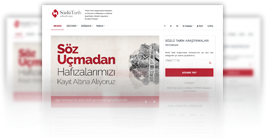
- HOME PAGE
- RESEARCH CENTERS
- MAM
- Ulema and the Arab Spring: Toward a Comparative Sociology of Intellectuals
MAM ROUNDTABLE MEETINGS
Ulema and the Arab Spring: Toward a Comparative Sociology of Intellectuals
Muhammed Amasha
Saturday, December 25, 2021 4:00 PM Salon: ŞAKİR KOCABAŞ SALONU
"As soon as the Arab Spring erupted, the ʿulamaʾ engaged with its uprisings, though with divergent stances. During the last decade, a body of literature has developed to explain these stances and their divergence. This thesis focuses on three key Egyptian ʿulamaʾ (Yusuf al-Qaradawi, Ahmad al Tayyib, and Ali Gomaa) and their stances primarily on Egyptian politics (2011-2013) in addition to other Arab uprisings. Providing new empirical data and using Mill’s method of difference, I demonstrate the insufficiency of the literature's explanations. Drawing on the sociology of intellectuals and Pierre Bourdieu’s theoretical framework, I provide an alternative explanation arguing that understanding the ʿulamaʾ’s politics requires studying their fields, habitus (shaped by their field position, early experiences, primary networks, and intellectual activities), and interests. The ʿulamaʾ’s major interest is to occupy a high position in the ʿilm field vis-à-vis their competitors. When the ʿulamaʾ occupy a high position in their field and the field of power, they hardly support regime change or anti-regime uprisings, and vice versa. The ʿulamaʾ’s evaluation of their position in the field and their strategies to enhance their position are to be understood by studying their habitus. Early experiences are crucial to understanding the ʿulamaʾ’s general tendencies, especially toward politics. Their primary networks also constitute a structural constraint on the ʿulamaʾ’s habitus, shaping their perceptions and, therefore, stances. Finally, while intellectual activities have an impact on the ʿulamaʾ’s habitus, it seems that it has less explanatory power for the ʿulamaʾ’s politics, compared to other factors."
İLGİLİ YUVARLAKMASALAR
- The Birth of Thought Organizations and Mediator Intellectuals
- Society and Politics in Ottoman Jerusalem (1703-1789)
- The United Nations in an Age of Transition: New Balance of Power or Collapse of World Order?
- IX./XV. Asır Kahire'sinde Ulema, Medrese ve İslami İlimlerin Yüksek Öğretimi
- Disoriented Wars as a Limit Problem of Political Philosophy
- Palestinian and Jewish Citizens of Israel in the Identity Security
- A Scholarly Literature Class at Sahn Madrasas in the Sixteenth Century Students of Karamani Mehmed Efendi
- The Muslim Brotherhood and the Problem of Political Institutionalization
- The Foreign Policy Trajectory of the Islamic Republic of Iran: A Socialization Analysis
- The Conservative Revolution: Germans Conservatism and the Revolution
- The Center for Global Studies organizes the second meeting of 2023 as a Book-Article. We will discuss the issue of "tajdid" with our teacher Özgür Kavak and the issue of "political tajdid" in the context of political pursuits in the last period of the Ottoman Empire. The meeting will start on Saturday, January 14, 2023 at 15:00 in Şakir Kocabaş Hall.
- On Salt and Stone: Regime, War and Migration in Syria
- Before the West: The Rise and Fall of Eastern World Orders
- The Syrian Revolution: Past, Present and Future
- Anti-Family Discourse, Actions and Processes in Turkey and the World
SEMINARS

As the most traditonal activity of BISAV, the courses take place in every fall and spring of a year.
MORE INFO
